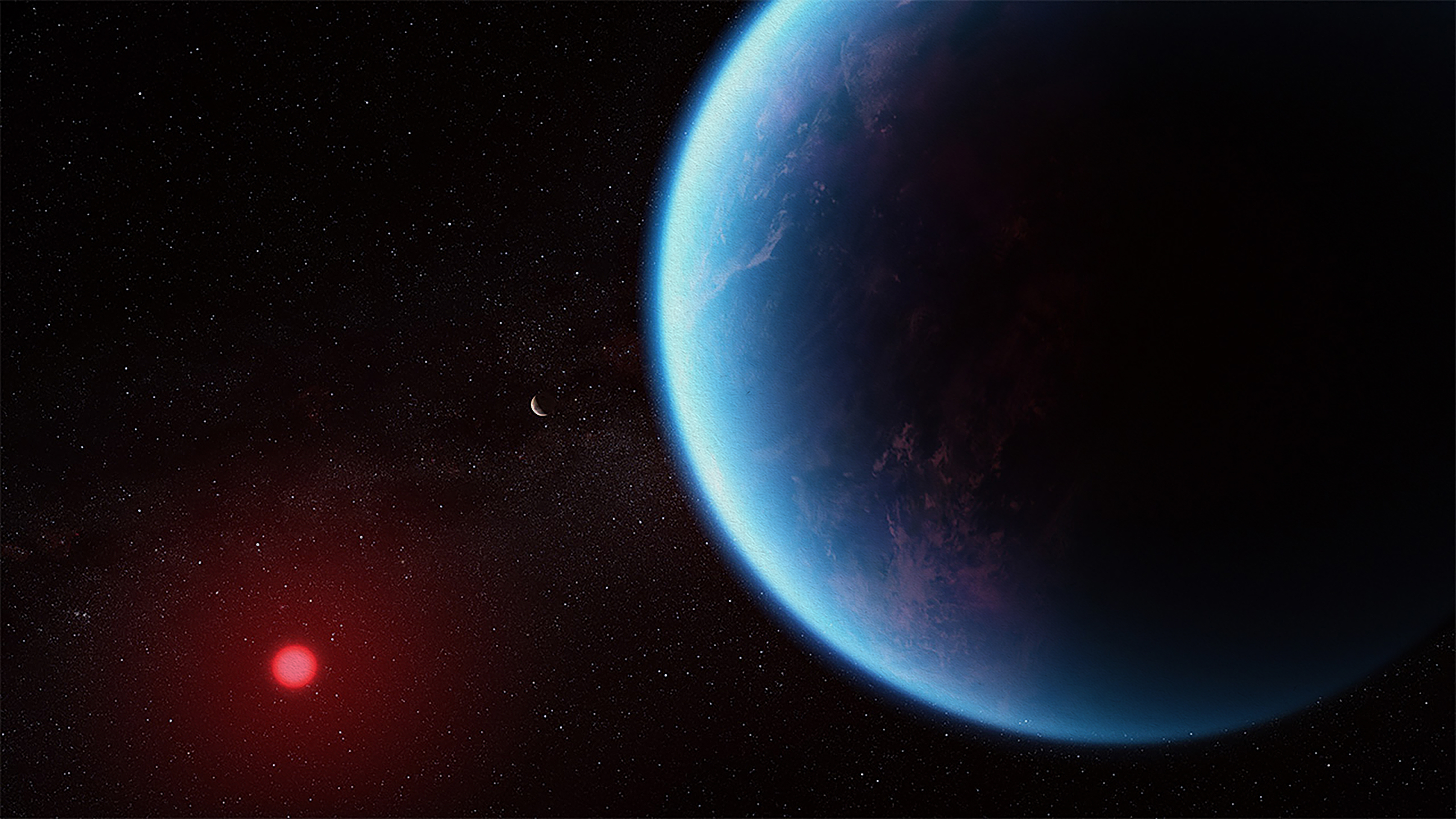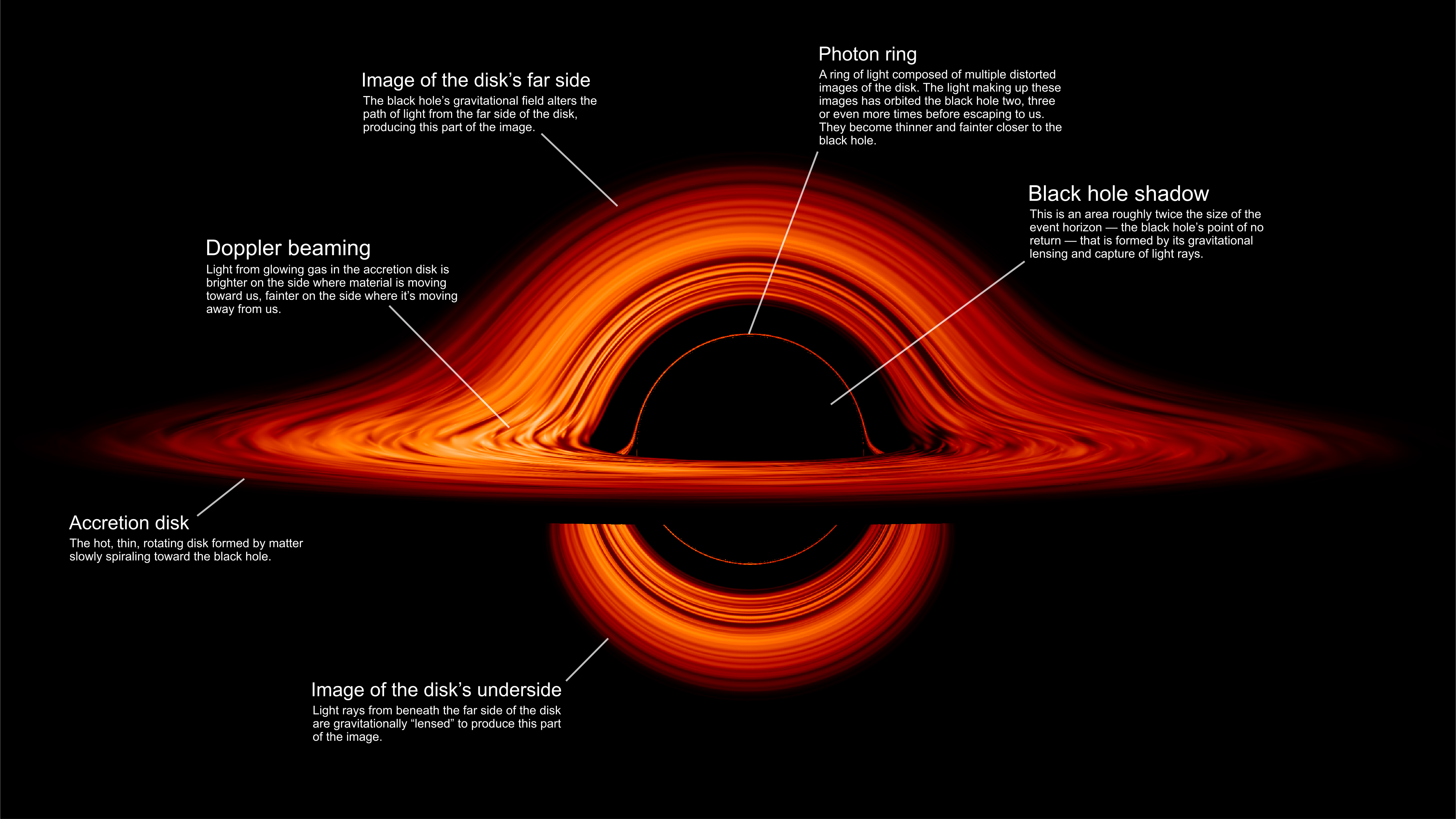A.J. Jacobs looks back at what he learned about religion, himself, and modern American culture during “The Year of Living Biblically.”
All Articles
Welcome to The Nightcrawler — a weekly newsletter from Eric Markowitz covering tech, innovation, and long-term thinking.
For millennia, diamonds were the hardest known material, but they only rank at #7 on the current list. Can you guess which material is #1?
Barthes is dead — long live the artist.
Long before the search for biosignatures, scientists imagined a cosmos teeming with intelligent life.
As democracy recedes and fascism rises in the USA and around the world in 2025, history provides a lesson in how science can fight fascism.
In nature, business, and life, survival doesn’t belong to the optimized — it belongs to those with a built-in buffer.
The comedian and musician behind the viral hit “BBL Drizzy” shares the books that shaped his thinking and approach to art.
Will platforms continue to offer the like button as an all-purpose tool — or will each of the button’s various functions exist in new forms?
The laws of nature are almost perfectly symmetric between matter and antimatter, and yet our Universe is made ~100% of matter only. But why?
Unconsidered productivity might leave you moving efficiently in the entirely wrong direction.
The rapid crash of Nokia was triggered when key information gatekeepers became bottlenecks. Here’s the key lesson.
There are limits to where physics makes meaningful predictions: beyond the Planck length, time, or energy. Here’s why we can’t go further.
“For every PhD there is an equal and opposite PhD.”
All stars shine due to an internal source of energy. Usually, it’s nuclear fusion: converting mass into energy. What makes them most bright?
What happens when scientists “write what they know”? Some amazing science fiction stories.
Arendt thought 20th-century philosophy had become too passive and abstract. She called for “active thinking” that prepares us to live in the real world.
Welcome to The Nightcrawler — a weekly newsletter from Eric Markowitz covering tech, innovation, and long-term thinking.
Photons come in every wavelength you can imagine. But one particular quantum transition makes light at precisely 21 cm, and it’s magical.
Want to know how to handle work-life pressure? Big Think asked Warfare co-directors Alex Garland and Ray Mendoza.
You don’t need to be a scientist or a philosopher for facts, reality, and the truth to matter. The alternative is simply known as bullshit.
In this preview from “The Saucerian,” author Gabriel Mckee explains how the combination of fantastical stories and obscure bureaucracy launched the “space age of the imagination.”
As we shape our future we should ask: Which interpretations of classic sci-fi fables hold sway with today’s powerful tech leaders?
A Cambridge-based team claims to find molecules on an exoplanet that are only produced by life on Earth. Don’t fall for the unfounded hype.
Locked inside their minds, thousands await a cure. Neuroscientist Daniel Toker is racing to find it.
The cofounder of Hyrox — one of the fastest-growing global brands in fitness — puts his snowballing success through a proper Big Think workout.
According to Stephen Hawking, spontaneously emitted radiation should cause all black holes to decay. But we’ve never seen it: not even once.
Grandmasters and drug dealers have one thing in common: They are many steps ahead of their rivals.
Warren Buffett famously noted that Berkshire Hathaway would “never depend on the kindness of strangers to stay in business.” Startups take note.





























